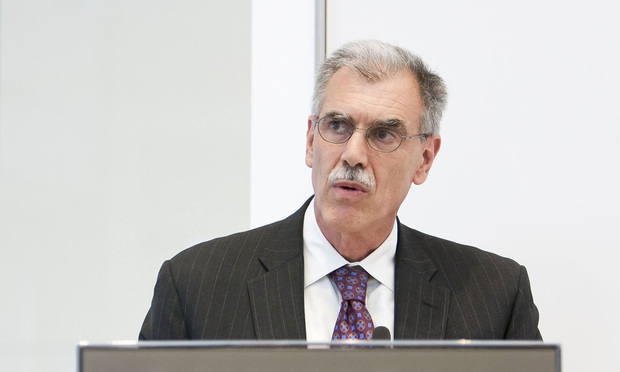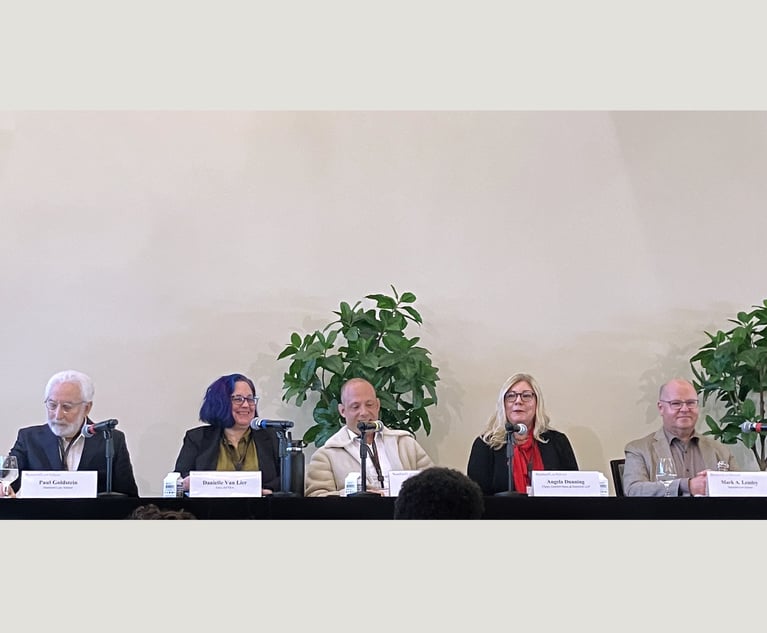It doesn’t look as if Harvard and MIT will have to share its patents on revolutionary CRISPR-Cas9 gene editing technology with the University of California any time soon.
The U.S. Court of Appeals sounded skeptical of the appeal brought Monday by UC and Munger, Tolles & Olson partner Donald Verrilli Jr. The former solicitor general argued that after UC made the breakthrough discovery in 2012, Harvard’s and MIT’s Broad Institute simply applied it to human cells using obvious, conventional techniques.
This content has been archived. It is available through our partners, LexisNexis® and Bloomberg Law.
To view this content, please continue to their sites.
Not a Lexis Subscriber?
Subscribe Now
Not a Bloomberg Law Subscriber?
Subscribe Now
LexisNexis® and Bloomberg Law are third party online distributors of the broad collection of current and archived versions of ALM's legal news publications. LexisNexis® and Bloomberg Law customers are able to access and use ALM's content, including content from the National Law Journal, The American Lawyer, Legaltech News, The New York Law Journal, and Corporate Counsel, as well as other sources of legal information.
For questions call 1-877-256-2472 or contact us at [email protected]


 U.S. Solicitor General Donald Verrilli Jr. Photo: Diego M. Radzinschi/ALM.
U.S. Solicitor General Donald Verrilli Jr. Photo: Diego M. Radzinschi/ALM.







